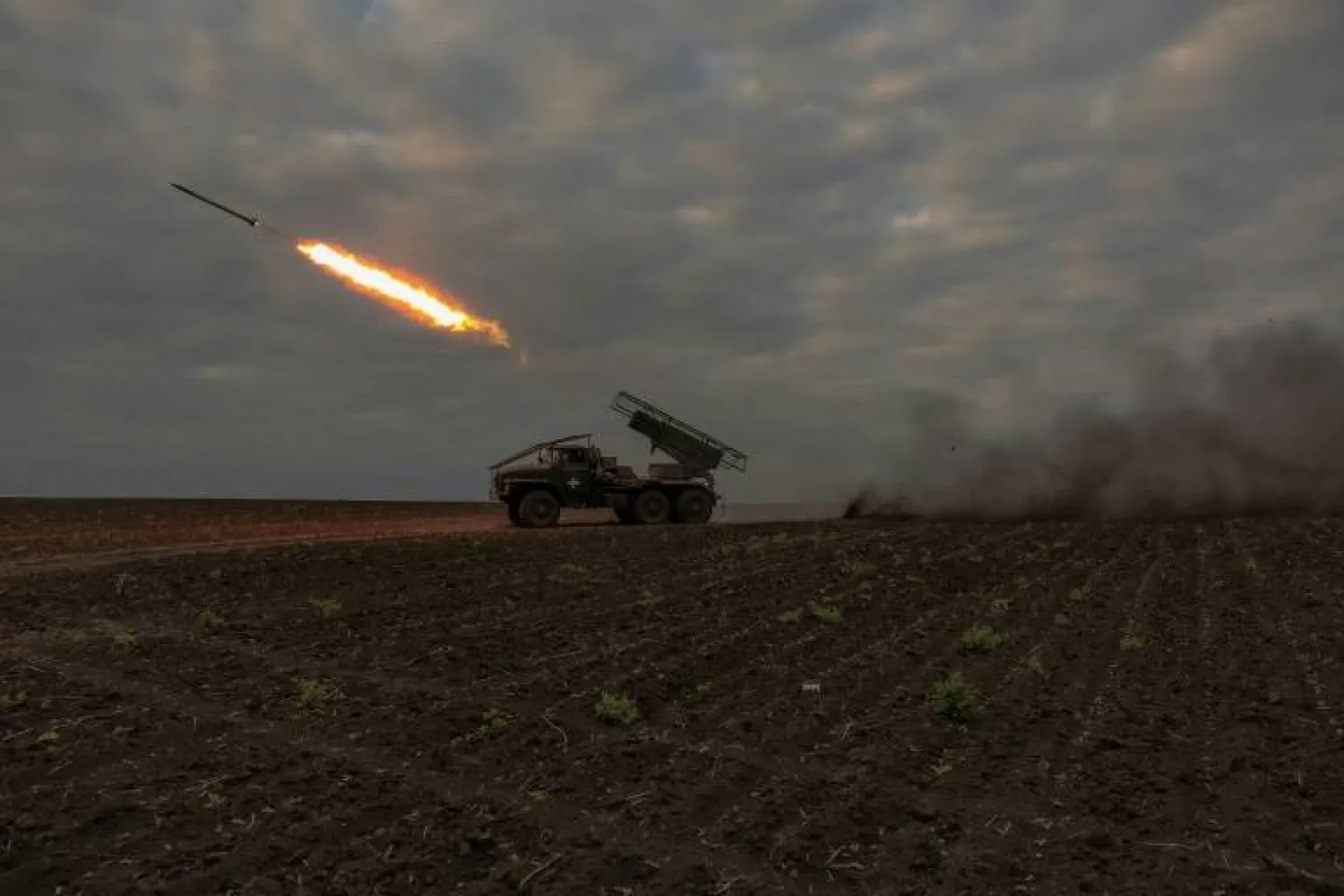The Kremlin on Monday warned the United States of "consequences" and summoned its ambassador after Moscow said a Ukrainian strike with a US missile on Crimea killed four people.
Moscow has increasingly blasted Washington and Kyiv's Western backers for supplying weapons to be fired on Russian targets, calling them direct participants in the two-year conflict.
Kremlin spokesman Dmitry Peskov called Sunday's strike on Sevastopol "barbaric" and accused Washington of "killing Russian children".
Two of the victims were minors, Sevastopol governor Mikhail Razvozhayev wrote on Telegram, AFP reported.
Peskov also pointed to comments by President Vladimir Putin earlier this month about arming countries to potentially strike Western targets.
"The involvement of the United States, the direct involvement, as a result of which Russian civilians are killed, cannot be without consequences," Peskov told reporters on Monday.
"Time will tell what these will be," he said.
"Just ask my colleagues in Europe and above all in Washington, ask the press secretaries there why their government is killing Russian children," he said.
The foreign ministry said it had summoned US envoy Lynne Tracy.
It later issued a statement saying that Washington "bears equal responsibility with the Kyiv regime for this atrocity" and the strike would "not go unpunished".
In Washington, Pentagon spokesman Major General Pat Ryder said that the Ukrainians "make their own decisions".
State Department spokesman Matthew Miller said Russia was to blame for the fighting and reiterated the stance of most of the world that Crimea -- unilaterally annexed by Moscow in 2014 -- remains part of Ukraine.
"We regret any civilian loss of life in this war. We provide weapons to Ukraine so it can defend its sovereign territory against armed aggression -- that includes in Crimea which, of course, is part of Ukraine," Miller told reporters.
"Russia could stop this war today," he said.
Miller said the United States had no assessment on the incident in question but pointed to Russia blaming Washington initially for a deadly raid on a Moscow concert hall in March that was later claimed by the ISIS group.
"It's not unusual for the government in Moscow to make ridiculous, hyperbolic claims about responsibility that aren't borne out by fact," he said.
Russia said the strike on Sunday was carried out with a US-supplied ATACMS missile loaded with a cluster warhead.
Local Moscow-installed officials said the missile hit an area of the port city with sandy beaches and hotels.
Russia said 82 people including 27 children were hospitalized with injuries from the strike.
Health Minister Mikhail Murashko was quoted by TASS news agency as saying on Monday that 14 of the injured were in a serious condition.
At a meeting with international news agencies including AFP this month, Putin criticized the West's delivery of long-range weapons to Ukraine.
"Why don't we have the right to supply weapons of the same class to regions of the world where there will be strikes on sensitive facilities of those (Western) countries?" Putin said.
"That is, the response can be asymmetric. We will think about it," he told reporters.
Peskov also referred back to comments by Putin that target data for Ukrainian strikes was being provided by Western countries.









